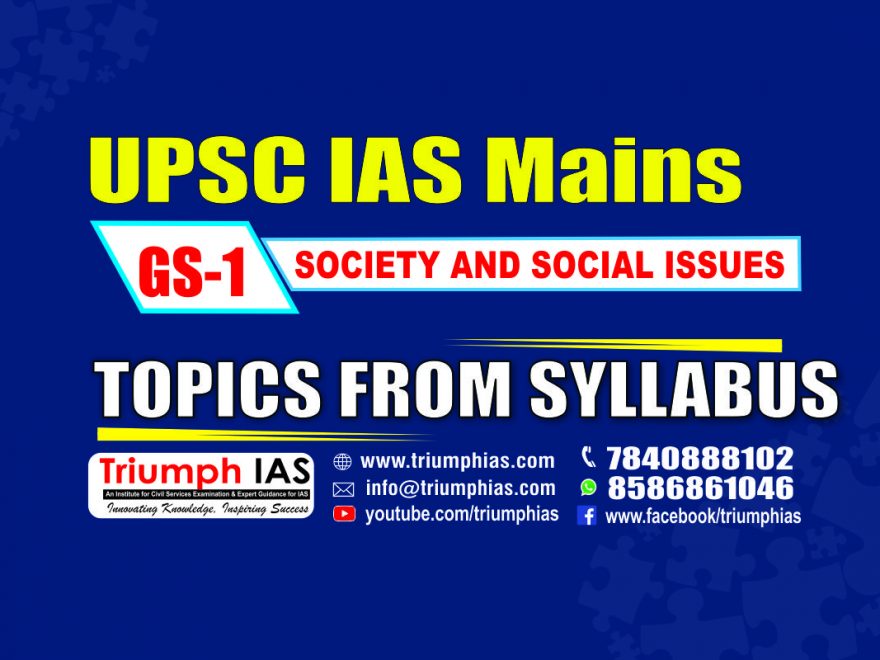Relevance: Mains: G.S paper I: Social issues
Why in news?
Now, a three-judge bench comprising Justices Arun Mishra, MR Shah, and BR Gavai, has recalled the 2018 judgement, saying that if it were to be implemented as worded, then “the very purpose of the Act is likely to be frustrated.”
Analysis
The Supreme Court (SC) recalling its March 20, 2018, order that put checks on the misuse of the Scheduled Castes and Scheduled Tribes (Prevention of Atrocities) Act is quite unfortunate.
A bench comprising Justices AK Goel (now retired) and UU Lalit had diluted some of the more draconian provisions of the Atrocities Act—relating to arrest of the accused and the granting of bail—to discourage the use of the Act as a tool to “blackmail” innocent citizens and public servants.
The bench had felt that the law was being used for exacting “vengeance” and realising vested interests, and stated that instead of helping erase caste divides, it was reinforcing these and was even helping “perpetuate casteism”.
So, while the Act originally provided for immediate arrest of the accused followed by judicial remand and barred anticipatory bail, the SC ruled that arresting public servants accused of an offence(s) under the Act will require written permission from their appointing authority, and, in the case of private citizens, permission from the senior superintendent of police will be required. It also scrapped the provision barring anticipatory bail, a statutory right.
Now, a three-judge bench comprising Justices Arun Mishra, MR Shah, and BR Gavai, has recalled the 2018 judgement, saying that if it were to be implemented as worded, then “the very purpose of the Act is likely to be frustrated.”
Indeed, while the 2018 order called for an investigation before arrests were made, the SC, in the latest judgement, notes, “Various complications may arise. Investigation cannot be completed within specified time… delay would be adding to the further plight of the downtrodden class.”
While the fact that a charge-sheet was filed in over 78% of the Atrocities Act cases the police took up for investigation in 2016 and disposed would suggest that there is a prima facie case for keeping the original provisions, the courts awarded convictions in just a fourth of the cases that went to trial that year.
Poor convictions also have a lot to do with weak prosecution or witnesses being coerced, it is true, but that holds for all crimes and not just those under the Atrocities Act.
In its recall judgement, the SC said that the permission criterion laid down by the March 2018 judgement “is not at all statutorily envisaged; it is encroaching on a field which is reserved for the Legislature.
The direction amounts to a mandate having legislative colour which is a field not earmarked for the Courts.” It also said that the March 2018 judgement was “against the concept of protective discrimination in favour of the down-trodden classes.”
It should have kept in mind that the judgement—rendered nullified with Parliament later passing a law to restore the original provisions on arrest and granting of bail—in no way impinged on scheduled caste/scheduled tribe individuals getting justice in genuine Atrocities Act cases; it only provided for protection against wrongful application of the law.

